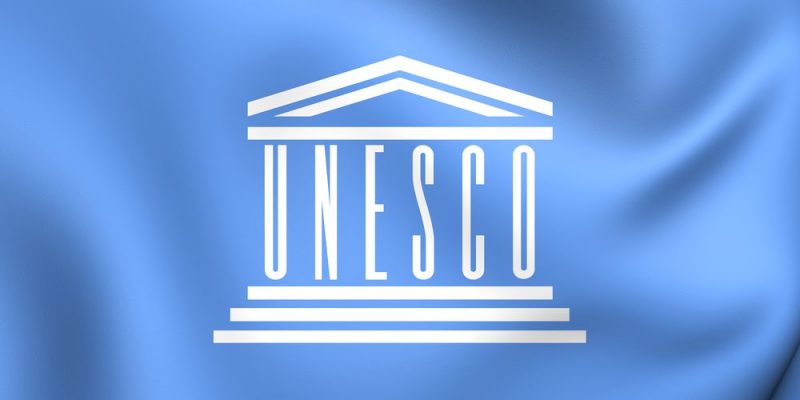By Muhammad Amaan
The Federal Ministry of Education in Nigeria and the National Commission for UNESCO (NATCOM-UNESCO) have called for increased investment in climate-resilient Water, Sanitation and Hygiene (WASH) facilities to promote sustainability and protect student well-being.
The Director of Educational Planning, Research and Development in the ministry, Mrs Obianuju Anigbogu, made the call at a workshop in Abuja on Monday.
The event, themed “The Impact of Climate Change on Water, Sanitation and Hygiene (WASH) in Nigerian Educational Institutions,” focused on addressing the growing challenges posed by climate change and poor WASH infrastructure in schools.
She was represented by Mrs Juliet Uzor, Director of Educational Planning.
Anigbogu highlighted the need to address both climate change and inadequate WASH services.
She cited data from the Intergovernmental Panel on Climate Change (IPCC), which shows that countries in the Global South, including Nigeria, are especially vulnerable to climate-related disruptions such as floods, droughts, and erratic rainfall.
“Inadequate access to clean water, sanitation and hygiene in schools negatively affects attendance, academic performance and student health. It is both a development issue and a matter of human rights,” she said.
She stressed that as climate change continues to threaten the availability and sustainability of essential services, urgent and collaborative action was necessary to ensure that all Nigerian children learn in safe and healthy environments.
“The importance of WASH services in schools cannot be overstated. We must act swiftly to protect our children’s future and equip schools to withstand the impacts of climate change,” she added.
Mrs Anigbogu expressed hope that the workshop would drive cross-sectoral collaboration and generate policy recommendations that will help Nigeria meet the UN Sustainable Development Goals (SDGs) by 2030.
“With just five years to the 2030 deadline, the time to act is now,” she said.
Also speaking, the Secretary-General of NATCOM-UNESCO, Dr Lateef Olagunju, described the workshop as both timely and necessary, in light of worsening climate impacts on WASH systems in schools.
“Climate change is altering how we access, manage and use water resources.
“These disruptions have serious implications for sanitation and hygiene, especially in schools where poor facilities can lead to disease outbreaks, absenteeism and poor academic performance,” Olagunju said.
He noted that while schools are vulnerable to climate change, they also offer unique opportunities for change.
“Schools are more than just centres of learning; they are community anchors. By embedding sustainability into the curriculum and investing in resilient infrastructure, we can raise a generation of environmentally responsible citizens,” he added.
Dr Olagunju emphasised that access to clean water and sanitation is not merely a service, but a fundamental human right.
The workshop has brought together stakeholders from the education, health, environment and development sectors to explore strategies for strengthening Nigeria’s climate resilience.




